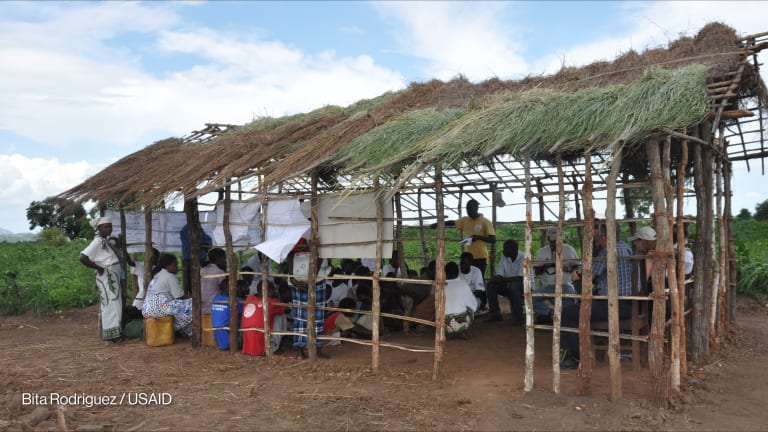A significant portion of children who are treated for severe acute malnutrition, or SAM, are vulnerable to relapse, a new study from Action Against Hunger found. Relapse rates are nearly 50% higher in rural areas, a finding that could help aid organizations determine where to invest in malnutrition work.
The study, released today, was the first of its kind and tracked children treated for severe acute malnutrition, a life-threatening form of hunger, across Mali, Somalia, and South Sudan. Their progress was compared to that of their otherwise healthy peers.
After six months of follow-up, 31%, 47%, and 5% of post-treatment children in Mali, South Sudan, and Somalia, respectively, relapsed to acute malnutrition or died. Overall, the study found that post-severe acute malnutrition children are 3.8 times as likely to again become acutely malnourished or die, and 7.8 times as likely to redevelop SAM compared to their peers without a recent history of acute malnutrition.








